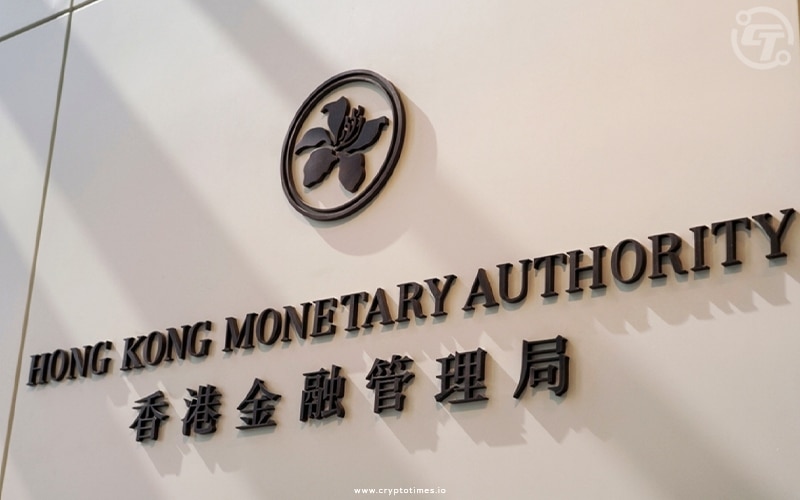The Hong Kong Monetary Authority (HKMA), the Bank of Israel (BOI), and the Bank for International Settlements Innovation Hub (BISIH) Hong Kong Centre are working together on a project called “Project Sela.”
This project involved collaboration between public and private sectors and aimed to create a retail central bank digital currency (rCBDC) that combines the benefits of physical cash with the advantages of digital money.
To achieve this, they brought together the expertise of central banks in various areas such as policies, security, technology, and legal matters.
Private companies like FIS and M10 Networks contributed their core products, Clifford Chance provided legal analysis, and Check Point Software Technologies ensured cybersecurity. Sela tests the feasibility of an accessible and cybersecure rCBDC proof of concept (PoC).
Project Sela’s proposed framework has received legal confirmation that it can work effectively. It introduces a new type of service provider called “Access Enablers” (AEs).
These specialized companies handle customer interactions but don’t have direct control over digital currency. Instead, all transactions are settled on the central bank’s balance sheet, which takes responsibility for the currency.
This setup reduces the risk of credit problems. It also makes it easier for AEs to meet certain standards, potentially leading to a wider variety of payment service providers and promoting competition in the market.
One benefit of this system is that it’s easy for private financial companies to offer various financial services separately. This is expected to boost competition and make it easier for people to access these services.
Access enablers, which are intermediaries in this setup, don’t create accounts, handle financial records, or have control over money. This means they don’t have as many regulatory rules to follow.
Project Sela places a strong emphasis on cybersecurity because, as more people have access to the system, there’s a greater potential for security threats.
To address this, the project leverages Israel’s expertise in cybersecurity and takes lessons from similar projects in Hong Kong. The ultimate aim is to make sure that accessibility doesn’t lead to compromises in security.
Also Read: Hong Kong Lawmaker Views Digital Asset Link to Mainland







